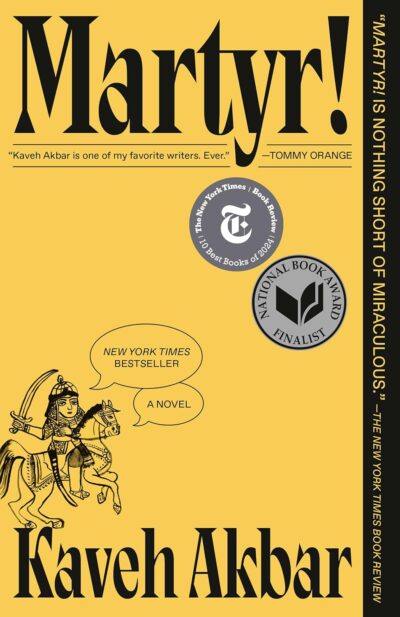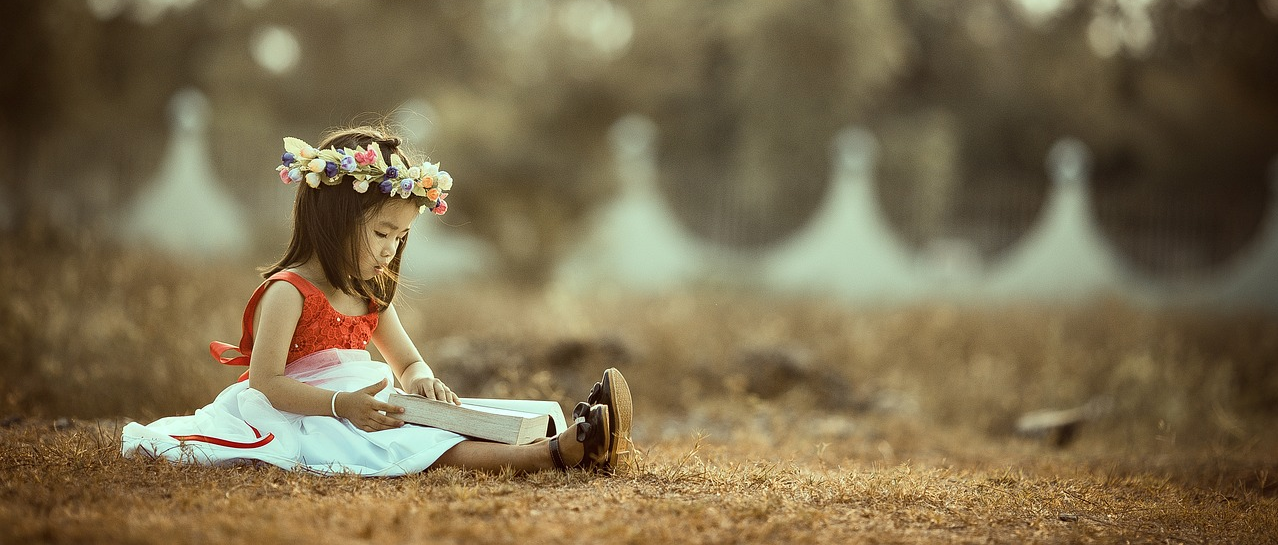257 Results with the "Poetry" genre
Adventure Fiction (146)
Biography (392)
Business & Finance (1)
Children's Literature (118)
Comics (6)
Culture (9)
Drama (21)
Dystopian (3)
Fable (5)
Fantasy (389)
Fantasy (1)
Fiction (505)
Finance (16)
Gothic Fiction (5)
Historical Fiction (409)
History (55)
Horror (10)
Lifestyle (1)
Literary (430)
Literary Fiction (7)
Memoir (93)
Mystery (163)
Non-fiction (63)
Novel (514)
Paranormal Fiction (96)
Philosophical (132)
Political Fiction (1)
Politics (29)
Practical (32)
Psychological Thriller (66)
Relationship (5)
Romance Novel (328)
Romantic Melodrama (11)
Satire (18)
Science (25)
Science Fiction (191)
Self-help (64)
Society (64)
Society (2)
story (2)
Thriller (486)
True Crime (53)
view (13)
Women's Fiction (1)
Young Adult (3)
-
Chapter
Chapter Twenty-four: Orkideh
 The chapter opens with Cyrus Shams waking up disoriented in a Brooklyn hotel room, cold and wet from having urinated in his bed—a relapse of an old habit from his drinking days. Despite being sober now, the incident floods him with familiar shame and self-loathing, along with the practical dread of inconveniencing the hotel staff. Cyrus reflects on how these feelings were once routine during his alcoholism, intertwined with rituals of hiding his messes. The episode triggers a wave of existential despair,…
The chapter opens with Cyrus Shams waking up disoriented in a Brooklyn hotel room, cold and wet from having urinated in his bed—a relapse of an old habit from his drinking days. Despite being sober now, the incident floods him with familiar shame and self-loathing, along with the practical dread of inconveniencing the hotel staff. Cyrus reflects on how these feelings were once routine during his alcoholism, intertwined with rituals of hiding his messes. The episode triggers a wave of existential despair,…-
74.6 K • Ongoing
-
-
Chapter
Chapter Three
 The chapter explores Cyrus's lifelong struggle with sleep, framed as a paradoxical and involuntary performance. From childhood, he finds it absurd that sleep requires pretending—a nightly act of faith rather than a natural bodily function. Unlike eating or breathing, sleep demands surrender to an unreliable process, rewarded with dreams but threatened by nightmares. Cyrus views wakefulness as a corrosive force, a "poison" that erodes cognitive clarity until sleep becomes unavoidable. His resistance to…
The chapter explores Cyrus's lifelong struggle with sleep, framed as a paradoxical and involuntary performance. From childhood, he finds it absurd that sleep requires pretending—a nightly act of faith rather than a natural bodily function. Unlike eating or breathing, sleep demands surrender to an unreliable process, rewarded with dreams but threatened by nightmares. Cyrus views wakefulness as a corrosive force, a "poison" that erodes cognitive clarity until sleep becomes unavoidable. His resistance to…-
74.6 K • Ongoing
-
-
Chapter
Chapter Fourteen: Qu Yuan
 The chapter opens with Cyrus waking up in a Brooklyn hotel room with his roommate Zee’s thumb in his mouth, a habit stemming from his childhood thumbsucking. Despite his father’s attempts to curb it with hot pepper juice, Cyrus’s subconscious now seeks out Zee’s thumb as a substitute. Their relationship is intimate but largely non-sexual, characterized by cuddling and occasional physical affection, which they struggle to define to others. They share a deep, platonic bond, often sleeping together…
The chapter opens with Cyrus waking up in a Brooklyn hotel room with his roommate Zee’s thumb in his mouth, a habit stemming from his childhood thumbsucking. Despite his father’s attempts to curb it with hot pepper juice, Cyrus’s subconscious now seeks out Zee’s thumb as a substitute. Their relationship is intimate but largely non-sexual, characterized by cuddling and occasional physical affection, which they struggle to define to others. They share a deep, platonic bond, often sleeping together…-
74.6 K • Ongoing
-
-
Chapter
Chapter Twenty-five
 The chapter depicts a dreamlike encounter between Cyrus's father, Ali Shams, and the legendary poet Rumi outside a music venue. Ali, a hardworking immigrant who rarely appears in Cyrus's dreams, is seen smoking a cigarette—a habit he had abandoned in America. Rumi, adorned in vibrant robes and smoking a blunt, greets Ali with enthusiasm, revealing a mutual recognition between the two. The scene is set against the backdrop of a loud hardcore show, with young attendees milling about, creating a surreal…
The chapter depicts a dreamlike encounter between Cyrus's father, Ali Shams, and the legendary poet Rumi outside a music venue. Ali, a hardworking immigrant who rarely appears in Cyrus's dreams, is seen smoking a cigarette—a habit he had abandoned in America. Rumi, adorned in vibrant robes and smoking a blunt, greets Ali with enthusiasm, revealing a mutual recognition between the two. The scene is set against the backdrop of a loud hardcore show, with young attendees milling about, creating a surreal…-
74.6 K • Ongoing
-
-
Chapter
Chapter Four
 The chapter opens with a woman's first flight experience from Tehran to Bandar Abbas on July 3, 1988, against the backdrop of Iran's economic hardship. The narrative paints a vivid picture of Tehran's struggles—families selling heirloom carpets for survival, men raising chickens in bathrooms, and desperate attempts to secure food. A haunting scene depicts young women risking prostitution on Revolution Street, with one girl violently apprehended by secret police. The protagonist's unease during her flight…
The chapter opens with a woman's first flight experience from Tehran to Bandar Abbas on July 3, 1988, against the backdrop of Iran's economic hardship. The narrative paints a vivid picture of Tehran's struggles—families selling heirloom carpets for survival, men raising chickens in bathrooms, and desperate attempts to secure food. A haunting scene depicts young women risking prostitution on Revolution Street, with one girl violently apprehended by secret police. The protagonist's unease during her flight…-
74.6 K • Ongoing
-
-
Chapter
Chapter Fifteen
 The chapter opens with Cyrus experiencing a vivid dream set in an elevated parking lot surrounded by blooming trees and yellow plains. Unlike his usual dreams, the setting emerges before the characters, creating a surreal atmosphere. Two figures eventually appear: basketball legend Kareem Abdul-Jabbar, dressed in a retro uniform, and Cyrus’s imaginary younger brother, Beethoven, named after the dog from the 1992 film. The dream’s whimsical tone is established as the two men engage in playful banter,…
The chapter opens with Cyrus experiencing a vivid dream set in an elevated parking lot surrounded by blooming trees and yellow plains. Unlike his usual dreams, the setting emerges before the characters, creating a surreal atmosphere. Two figures eventually appear: basketball legend Kareem Abdul-Jabbar, dressed in a retro uniform, and Cyrus’s imaginary younger brother, Beethoven, named after the dog from the 1992 film. The dream’s whimsical tone is established as the two men engage in playful banter,…-
74.6 K • Ongoing
-
-
Chapter
Chapter Twenty-six
 The chapter opens in Tehran, August 1987, with the narrator reflecting on a transformative first kiss with Leila, described as a word that evokes "heaven" rather than just "sky." The moment is charged with emotional depth, setting the tone for their intimate connection. The narrative shifts to a phone call from Ali and Gilgamesh, who are drunkenly checking in from a campsite, their boisterous banter contrasting with the quiet tension of the narrator and Leila's shared space. Leila's playful interaction…
The chapter opens in Tehran, August 1987, with the narrator reflecting on a transformative first kiss with Leila, described as a word that evokes "heaven" rather than just "sky." The moment is charged with emotional depth, setting the tone for their intimate connection. The narrative shifts to a phone call from Ali and Gilgamesh, who are drunkenly checking in from a campsite, their boisterous banter contrasting with the quiet tension of the narrator and Leila's shared space. Leila's playful interaction…-
74.6 K • Ongoing
-
-
Chapter
Chapter Five
 The chapter explores the lives of Cyrus and Ali Shams, Iranian immigrants in Indiana, focusing on their struggles with insomnia and trauma. Cyrus, now an adolescent, grapples with chronic sleeplessness, obsessively replaying daily interactions and imagining social slights. His anxiety extends to fears of deportation and his family’s precarious visa status, exacerbated by his father Ali’s vague warnings about the dangers of revealing their Iranian heritage. Ali works long hours at a chicken farm,…
The chapter explores the lives of Cyrus and Ali Shams, Iranian immigrants in Indiana, focusing on their struggles with insomnia and trauma. Cyrus, now an adolescent, grapples with chronic sleeplessness, obsessively replaying daily interactions and imagining social slights. His anxiety extends to fears of deportation and his family’s precarious visa status, exacerbated by his father Ali’s vague warnings about the dangers of revealing their Iranian heritage. Ali works long hours at a chicken farm,…-
74.6 K • Ongoing
-
-
Chapter
Chapter Sixteen
 The chapter introduces Arash Shirazi, a soldier in the Iranian army during the 1985 Iran-Iraq War, who adopts a unique role inspired by his comrade Arman. Dressed in a black robe with a flashlight illuminating his face, Arash becomes a symbolic "angel of night," riding his horse Badbadak among the dying soldiers to offer them solace and reinforce their resolve. Arman explains that every platoon has a soldier like Arash—one who embodies this celestial figure to provide comfort amidst the horrors of war.…
The chapter introduces Arash Shirazi, a soldier in the Iranian army during the 1985 Iran-Iraq War, who adopts a unique role inspired by his comrade Arman. Dressed in a black robe with a flashlight illuminating his face, Arash becomes a symbolic "angel of night," riding his horse Badbadak among the dying soldiers to offer them solace and reinforce their resolve. Arman explains that every platoon has a soldier like Arash—one who embodies this celestial figure to provide comfort amidst the horrors of war.…-
74.6 K • Ongoing
-
-
![Chapter Twenty-seven [When asked about…], Martyr! Cover](https://static.beescdn.com/summaryer.com/2025/03/20250327074601334-400x617.jpg) The chapter opens with a reflection on Michelangelo's approach to sculpture—removing excess stone to reveal the masterpiece within. This metaphor extends to life, where eliminating negative elements (toxic relationships, bad habits) is often mistaken for creating goodness. The author critiques the Abrahamic moral framework, arguing that avoiding wrongdoing doesn't equate to active virtue. A rich man, for instance, may pride himself on not harming others while neglecting positive action, exposing the…
The chapter opens with a reflection on Michelangelo's approach to sculpture—removing excess stone to reveal the masterpiece within. This metaphor extends to life, where eliminating negative elements (toxic relationships, bad habits) is often mistaken for creating goodness. The author critiques the Abrahamic moral framework, arguing that avoiding wrongdoing doesn't equate to active virtue. A rich man, for instance, may pride himself on not harming others while neglecting positive action, exposing the…-
74.6 K • Ongoing
-
- Previous 1 2 3 4 Next

